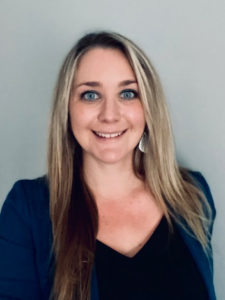
Through a series of fortuitous events, I joined Bateman Horne Center to direct the medical education program in 2019. Since embarking on what feels like my life’s calling, I have worked to identify an area of education that would create the biggest impact for patients and the medical providers serving them.
To find my answer, I stepped back to reflect on my sister’s journey with ME/CFS, FM, and POTS. I realized she was constantly in a push-crash cycle, never fully understanding the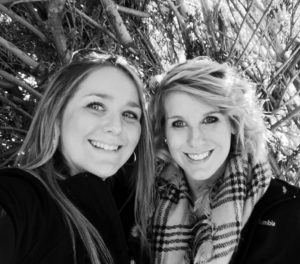
These same scenarios are described by many who battle ME/CFS, FM, and Long COVID. When medical providers aren’t well versed in post-viral illnesses, the burden of disease falls on the patient and their support network. Seeing this trend, coupled with the overwhelming number of emerging Long Haulers, I felt an urgency to create an educational tool that increased patient and provider understanding of PEM, and offered guidance in everyday living with ME/CFS.
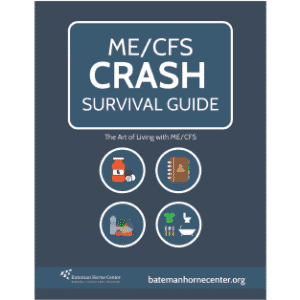
We surmised that if patients can understand the physiologic drivers of PEM, and ways to avoid it, then they can gain some control back from their disease.
As a result, this guidebook contains information on how to meet your critical needs during a crash and provides adaptive ways to conserve energy in everyday living with ME/CFS. While this asset addresses ME/CFS, the content and concepts can be applied to other debilitating chronic illnesses such as FM, Long COVID, and orthostatic intolerance (OI).
It is our collective hope that you ultimately have more good days than bad.
Sincerely,
Tahlia Ruschioni, Education Director
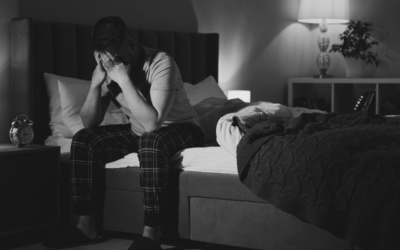
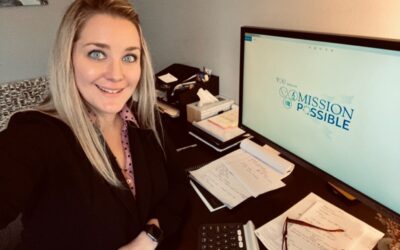

 Lucinda Bateman, MD, is a renowned clinician, researcher, and educator. Her Johns Hopkins University Medical School training instilled an approach to care that she has employed throughout her career - the patient comes first and the unknown or unexplained does not equate to a lack of proper and compassionate care. Since starting her own practice in 2000, she has served on six boards or committees, been the principal investigator for 45 studies, authored/coauthored 40 journal articles, served as adjunct instructor and adjunct assistant professor in the University of Utah Departments of Preventative Medicine, Internal Medicine, and Anesthesiology, and lectured around the world.
Lucinda Bateman, MD, is a renowned clinician, researcher, and educator. Her Johns Hopkins University Medical School training instilled an approach to care that she has employed throughout her career - the patient comes first and the unknown or unexplained does not equate to a lack of proper and compassionate care. Since starting her own practice in 2000, she has served on six boards or committees, been the principal investigator for 45 studies, authored/coauthored 40 journal articles, served as adjunct instructor and adjunct assistant professor in the University of Utah Departments of Preventative Medicine, Internal Medicine, and Anesthesiology, and lectured around the world.